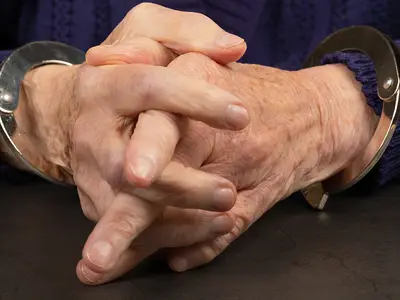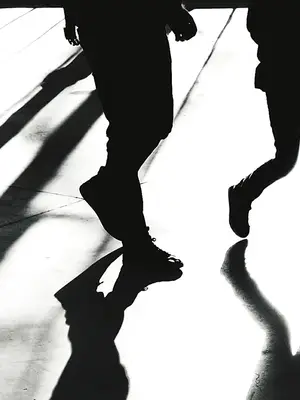Identifying evidence-based practices in crime prevention and victim services through research and evaluation
RTI experts are dedicated to the pursuit of holistic and evidence-based solutions to our nation’s most pressing community safety issues. Our researchers span the community safety spectrum and bring their multidisciplinary perspectives to the following areas of research: policing, victimization and victim services, human trafficking, crime prevention, and harm reduction. We work across these disciplines, bringing together preeminent scholars from a variety of backgrounds, including psychology, public health, criminology, social work, and sociology.
We use rigorous qualitative and quantitative analytical methods and offer training and technical assistance to tackle complex victimization, crime prevention, and community safety issues.
Past and current clients include, among others, the Bureau of Justice Statistics, Administration for Children and Families, National Institute of Justice, Office for Victims of Crime, Office on Violence Against Women, Office of Juvenile Justice and Delinquency Prevention, Department of State’s Office to Monitor and Combat Trafficking in Persons, the National Science Foundation, Bureau of Justice Assistance, and the Substance Abuse and Mental Health Administration.
Related Projects
Evaluating a Victim-Centered Approach to Policing Intimate Partner Violence
Read More about Evaluating a Victim-Centered Approach to Policing Intimate Partner Violence




























